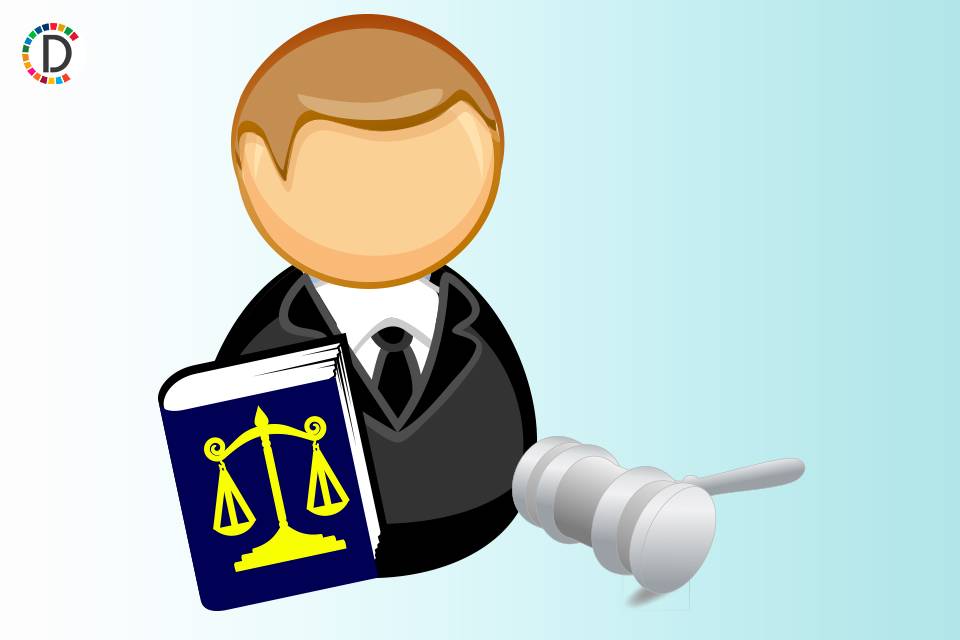Ecuador Investigates Extrajudicial Killings Amid State of Emergency
Ecuador's attorney general is investigating eight extrajudicial killings during a state of emergency declared by President Daniel Noboa to combat drug violence. Rights groups criticize the government's failure to prevent abuses, while Noboa defends security forces' actions. The investigation also includes numerous allegations of torture and other abuses.

Ecuador's attorney general's office is investigating eight extrajudicial killings reported to have taken place during the country's most recent state of emergency, after rights groups warned authorities were not taking steps to prevent abuses.
The killings are the most serious rights abuses reported by detained people, local advocacy groups and victims' families that allegedly took place during the January to April state of emergency. President Daniel Noboa declared the emergency amid spiraling violence in the Andean country, which officials blame on drug trafficking gangs.
Under the measure Noboa deployed thousands of troops on streets and in prisons, with security forces making more than 18,000 arrests. The attorney general's office said it is also looking into dozens of accusations of torture and other alleged abuses.
Neither the government nor the armed forces responded to requests for comment on alleged abuses. The crackdown in Ecuador mirrors strategies deployed elsewhere, particularly in El Salvador, where heavy-handed tactics under President Nayib Bukele have led to an "alarming regression" in human rights, according to Amnesty International. Bukele has denied abuses.
In a letter to Noboa's government on Wednesday, the director of advocacy group Human Rights Watch Americas, Juanita Goebertus, said Ecuadorean authorities "appear to have taken little or no measure to prevent human rights violations or to ensure that those responsible are held accountable." Noboa has defended security forces' behavior and previously shied away from comparisons to Bukele.
"I won't have any non-patriot tell us we're violating anyone's rights, when we're protecting those of the vast majority," Noboa said in February. CHECKPOINT SHOOTING
Carlos Javier Vega, 19, was killed in February after being shot at a check point in Guayaquil as he traveled with his cousin, Eduardo Alfredo Velasco, Velasco told Reuters. Stopped at the checkpoint, Velasco said he accidentally grazed the boot of a soldier while reversing his car.
"I wanted to get out and see the damage, that's when I heard the shot," Velasco said, adding that he saw his injured cousin change color as other shots rang out. Velasco said he drove through the checkpoint after the shots were fired to take his cousin to hospital but soon realized he was also wounded.
Unable to drive further, he got out of the car and was met by the troops who had shot at them, he said. "They threw me to the ground, hit me, stepped on my head. They pulled my cousin out from the car, they stepped on his head and they hit him," Velasco said.
Ecuador's military did not respond to questions including about why soldiers shot at the car. Three soldiers told a court that Velasco tried to move through the checkpoint and ran over one trooper's left foot, according to documents seen by Reuters.
Velasco was charged with resisting arrest and attacking the troops, though the charges were later dropped. An Instagram post by Ecuador's military from Feb. 2, featuring a blurred image of what Velasco and Vega's mother, Laura Ipanaque, said is Vega's body, described an operation against "terrorists."
Vega's killing is being investigated by the attorney general's office. Authorities view abuses as collateral damage in the fight against drug gangs, said Billy Navarrete, director of Guayaquil advocacy group the Permanent Committee of Defending Human Rights.
"The official discourse displays these damages as inevitable in the face of a greater evil," Navarrete said. The attorney general's office said it is also investigating 48 allegations of torture and 67 cases of overstepping of duties. It did not respond to requests for clarification.
"I wouldn't want another mother, another family to go through what we're going through," Ipanaque said.
(This story has not been edited by Devdiscourse staff and is auto-generated from a syndicated feed.)
ALSO READ
Security Forces Conduct Extensive Search Operations in J&K's Samba and Poonch Districts
Controversy at Israel's Sde Teiman: Harrowing Conditions and Human Rights Concerns
Pakistani Security Forces Eliminate Over 500 Terrorists in Khyber Pakhtunkhwa and Balochistan
60-70 Terrorists Active Along LoC: Security Forces Determined to Foil Infiltration
Security Forces Arrest Suspected Terror Accomplice in Kashmir, Arms Recovered










